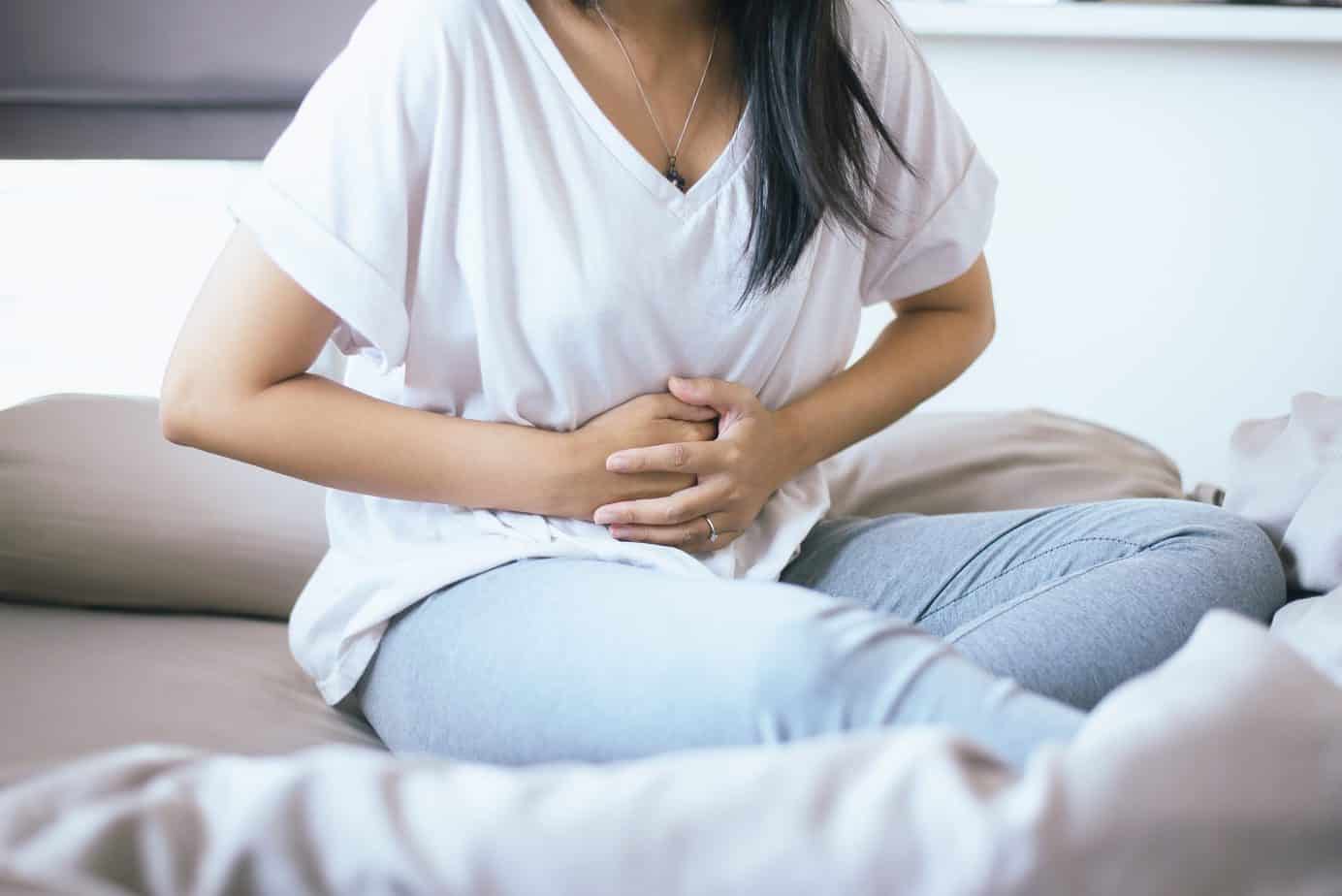
Food poisoning usually happens in the summer. It is favoured by high temperatures and holiday eating in unknown restaurants. How to deal with the problem?
Food poisoning is a disorder of the digestive system caused by eating food that is spoiled or contaminated with bacteria. It could be that the food was poorly washed – in the case of fruits and vegetables, for example. Eating with dirty hands that have pathogens on them can also be a cause. Finally, the reason may be the meal itself – its improper heat treatment, bad or too long storage.
Eating such a meal in a short time triggers a defensive reaction in the body. Abdominal pain, diarrhea and vomiting occur. In more severe cases, poisoning may be accompanied by fever. All this leads to a general weakness and disorientation. How to deal with the first symptoms of food poisoning?
There is no cure for food poisoning. Unfortunately the body has to get rid of toxins and expel the meal that harmed us. Most often not only this meal, but everything that remains in our stomach and intestines. Fortunately, food poisoning lasts a short time – from one to three days. If the symptoms persist, consult a doctor. Prolonged diarrhea and vomiting may lead to severe dehydration.
Treatment of food poisoning consists mainly in not stopping the excretion reflexes and getting rid of what harms us from the body as soon as possible. It is important not to give up eating and drinking. The most important thing is not to allow dehydration. You should hydrate all the time. It is best to drink boiled water – in small sips. Add to water ready mixture of electrolytes (to buy in any pharmacy) or homemade isotonic drink. To prepare it you will need: a glass of water, a pinch of salt, a few drops of lemon juice and a teaspoon of honey. Electrolytes are intended to replenish microelements flushed out of the body: sodium, vitamin C and glucose.

A drug that can help treat food poisoning is activated charcoal. You can easily buy it at the pharmacy, at the gas station and in supermarkets. Activated charcoal has an inhibitory effect on diarrhea. The drug covers the mucosa of the digestive tract and intestines with a protective shield. In addition, it absorbs the bacteria present in the intestines and expels them from the body. It prevents the absorption of toxins into the body.
And pharmacies we can also buy other specifics that have an antidiarrheal and antiemetic effect. However, opinions on their use in food poisoning are divided. This is because they inhibit unpleasant reflexes, but cause the retention of toxins in the body. It is definitely better to get rid of them quickly. Such medicines may be helpful when traveling or having an important meeting at work. However we cannot treat them as a medicine.
During food poisoning you usually do not feel hunger. However you should eat to stimulate the work of your stomach and to provide yourself with nutrients lost during diarrhea and vomiting. Broth will be perfect. We can drink pure broth or try to eat a delicate soup, for example with a beaten egg. You may also decide to eat rusk, bread sticks or banana. The most important thing is that the meal is easily digestible and does not burden the body fighting the pest.
Folk ways recommend drinking a glass of vodka. In some versions, it is said about vodka with feathers. This solution is irritating to the stomach and may cause the opposite effect. Instead of feeling better, we can aggravate the situation. Stomach drops and strong mint tea may also prove to be too aggressive.
Food poisoning during pregnancy is always associated with increased anxiety about the unborn baby. If it is simple poisoning, follow the same rules as for patients who are not pregnant. Eat light meals, drink water and electrolytes, and rest. If you observe any alarming symptoms in yourself or if the poisoning is prolonged, consult your doctor immediately.
Poisoning with salmonella bacteria, botulism, staphylococcus bacteria or fungi requires immediate medical consultation. If you have such suspicions, it is best to go to the hospital right away.
Food poisoning in a child does not differ in symptoms from the same condition in adults. The most important thing is to monitor the situation, rule out other ailments and make sure that the child does not choke during vomiting. If possible, we should try to give the child fluids
Main Picture: gballgiggs/Adobe Stock